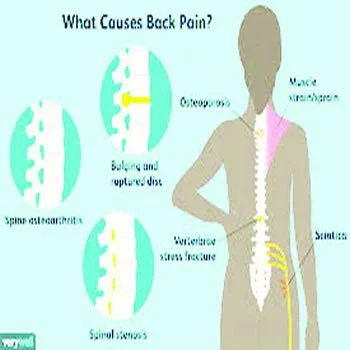
At one time or the other, individuals experience pain in the back for one reason or the other: injuries, degenerative conditions or other medical issues. Conditions commonly linked to back pain include muscle or ligament strain, repeated heavy lifting or a sudden awkward movement which can strain back muscles and spinal ligaments.
For people in poor physical condition, constant strain on the back can cause painful muscle spasms, bulging or ruptured disks. There are however some habits that destroy the back and make back pain worse while there are some habits that can relieve back pain.
Below are some of the habits:
Sitting hunched goes against the natural alignment of the spine; slumping forward also puts more pressure on the lower back. It is advised to gently stretch and move the head and neck up and down as well as to the right and left every half-hour. To ease any pain or spasm, apply an ice pack or heating pad to the area. Be sure to cover the skin with a light towel or cloth first.
Choosing the wrong foods too often can lead to inflammation and leave out nutrients you need to be strong. Your body needs lean protein, whole grains, fruits and veggies, and healthy fats like those from avocado and salmon to build strong muscles, bones, and soft tissue in your back.
Your mattress should be firm enough to support your back, but soft enough to fit the shape of your body. Your ideal mattress can depend on how you sleep and whether you already have back pain. Sleeping on the wrong mattress is not good for the spine.
Sleeping on your back may be one of the best positions if you have back pain as this can help relieve pain.
If you have a back problem, don't sleep on your belly as you are more likely to toss and turn; straining both your neck and lower back.
Sitting too long stresses your back muscles, neck, and spine. Slouching makes it worse. Sit straight in a chair that supports your back and set the height so your feet rest naturally on the floor. Get up and move around for a couple of minutes every half hour to give your body a break.
Smoking is more likely to cause lower back pain as it can curb blood flow, including to the spine. It also makes the cushioning disks between the bones break down quicker and weaken bones or give you osteoporosis and it can slow healing.
Extra pounds from overeating can strain the bones and muscles in your back, especially if you gain weight quickly. Eat slowly so that your body has a chance to let you know it's full.
Stop overloading your bag as heavy weights can strain your back and tire out muscles that you need to support your spine. Slinging your pack or heavy purse over only one shoulder can cause strain.
High heels may overuse muscles in your lower back and harm your posture and your spine, especially as you age. Regular foot and leg stretches, like rolling your foot on a tennis ball, may help prevent pain and strengthen muscles.
Too much of any exercise, including yoga, can cause back pain. But in some cases, yoga can help relieve low back pain.
When you have back pain, sleeping on your sides is a win especially if you are not curled up too tightly. Slip a pillow between your legs to take pressure off your hips and lower back and tuck your legs slightly toward your chest. This position can be especially comfortable for people who already have back pain and for pregnant women.

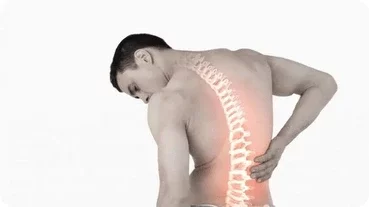
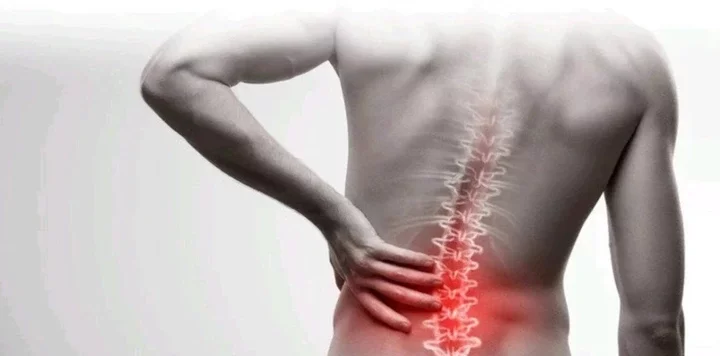

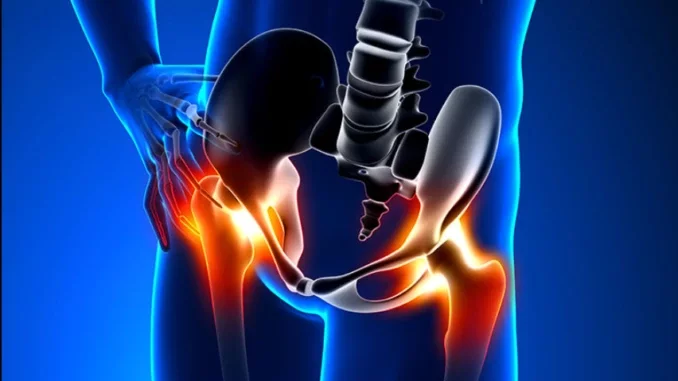
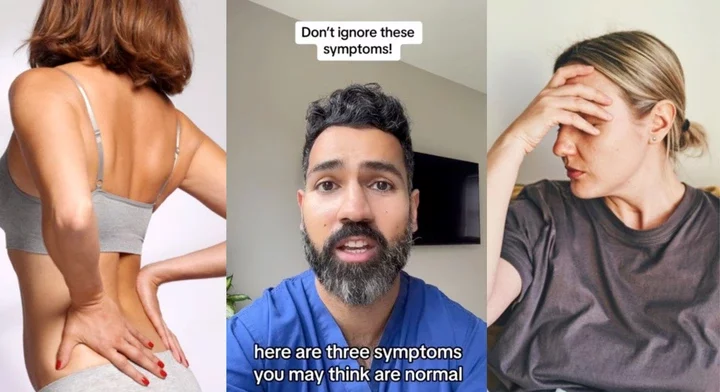
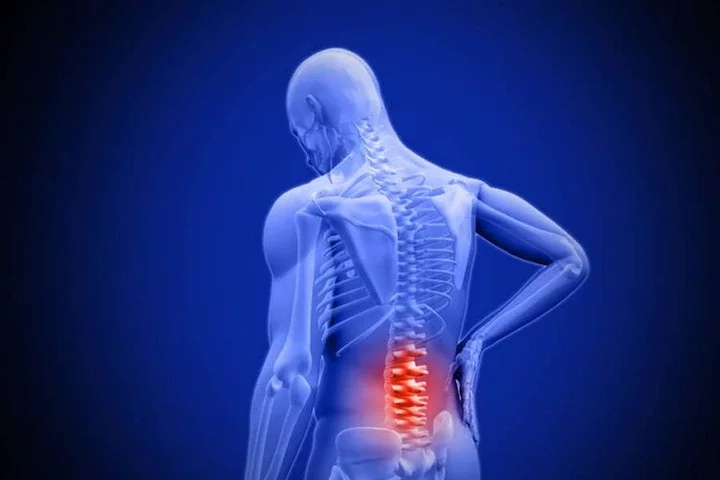







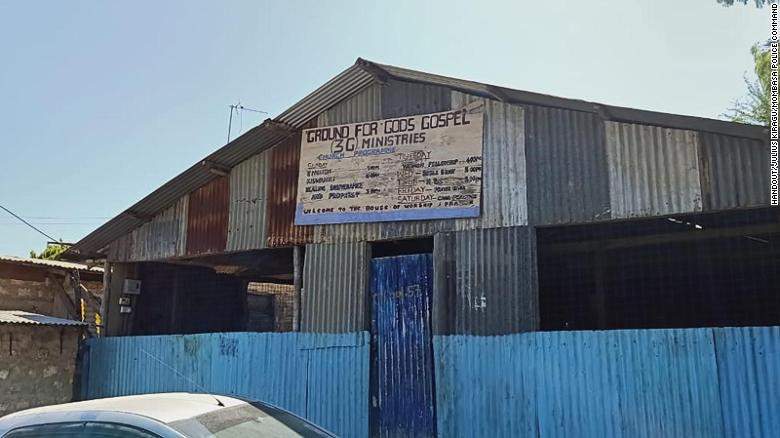

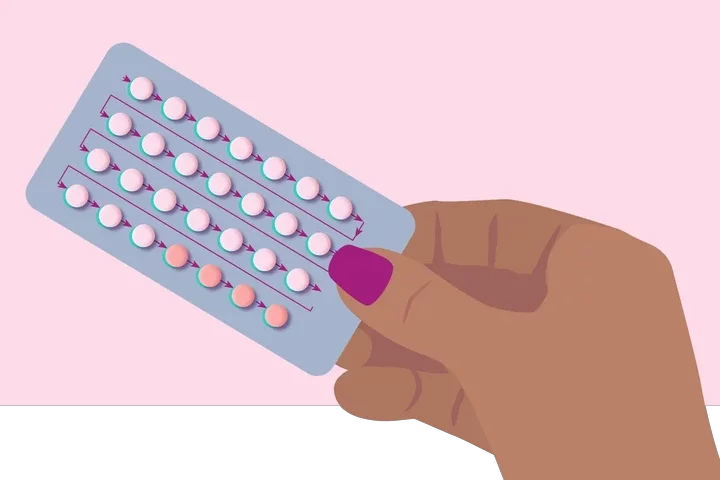

Comments